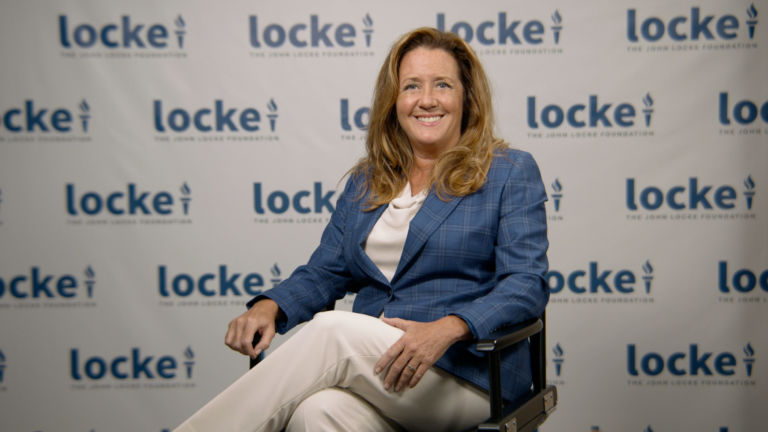Ten years have passed since the false rape accusations that created turmoil for the Duke University men’s lacrosse team and the Duke campus in general. KC Johnson revisits the case in a commentary for the Pope Center for Higher Education Policy.
That incident probably remains the highest-profile false rape claim in recent U.S. history—rivaled only by the claim against University of Virginia fraternity members leveled, and then retracted, by Rolling Stone.
That both of these false accusations occurred on a campus should come as no surprise. A general disinterest in due process for accused students combined with a one-sided intellectual atmosphere on questions related to gender make universities poorly suited to evaluate sexual assault allegations. The lacrosse case, moreover, added race and class to the mix.
From the standpoint of a faculty dominated by the race/class/gender trinity, the purported facts proved too tempting to resist: wealthy, white males accused of brutally attacking a poor, African-American female. And so dozens of Duke professors abandoned the academy’s traditional fealty to due process to embrace the version of events offered by Durham’s unethical (and subsequently disbarred) district attorney, Mike Nifong.
In their most prominent action, eighty-eight Duke faculty members signed a public statement affirming that something “happened” to Crystal Mangum. They actually boasted of their closed-mindedness by promising to continue their crusade regardless of “what the police say or the court decides.”
And after high-profile protests that had urged the castration of the lacrosse captains and blanketed the campus with “wanted” posters containing 43 of the lacrosse players’ photos, the Duke faculty members had a message for the protesters: “Thank you for not waiting and for making yourselves heard.”
Why was it so important for the protesters not to have waited until the facts were known? Not a single member of the Group of 88 has ever explained.
But perhaps the most chilling line in the Group of 88 statement was also its most banal—a notice at the bottom of the page, listing the 15 Duke academic departments and programs that chose to “sign onto this ad.” That such a wide swath of the Duke academic community officially affiliated with an inflammatory statement sent a powerful message in spring 2006.
It turned out that, with the exception of the African-American Studies Program, none of the academic departments had formally taken a vote to endorse affiliating with the statement. Yet this breach of standard academic protocol appears to have had no consequences at Duke.
An unwillingness to engage in any critical self-reflection is the foremost legacy of how the academy responded to the lacrosse case, at Duke and beyond.


